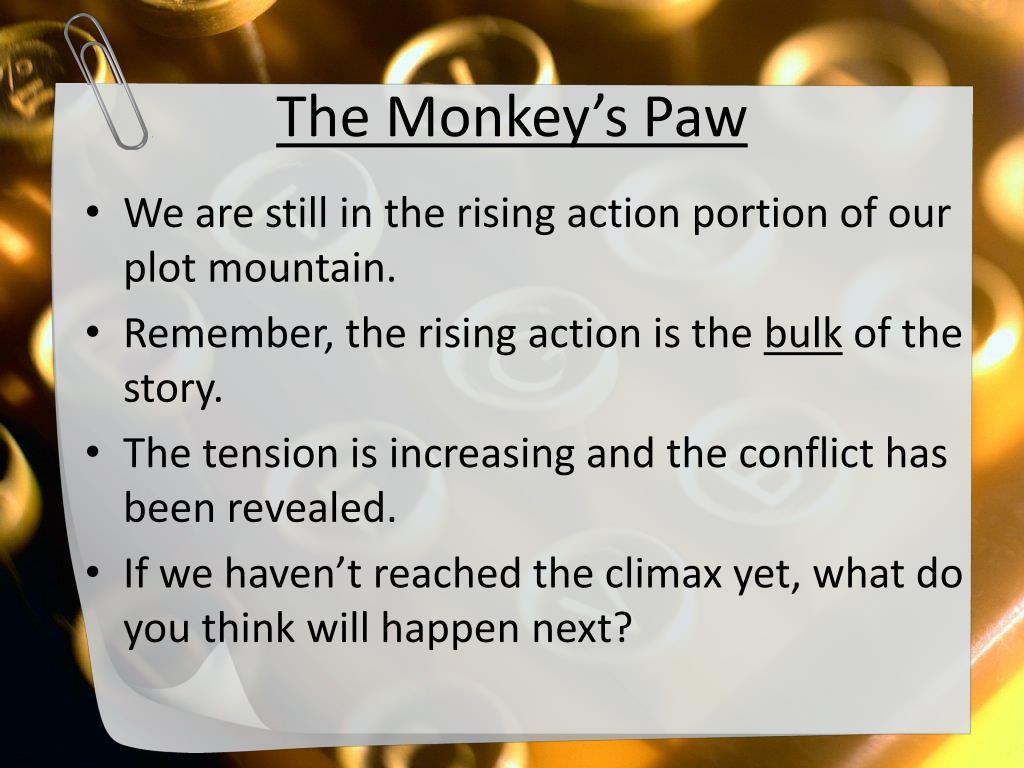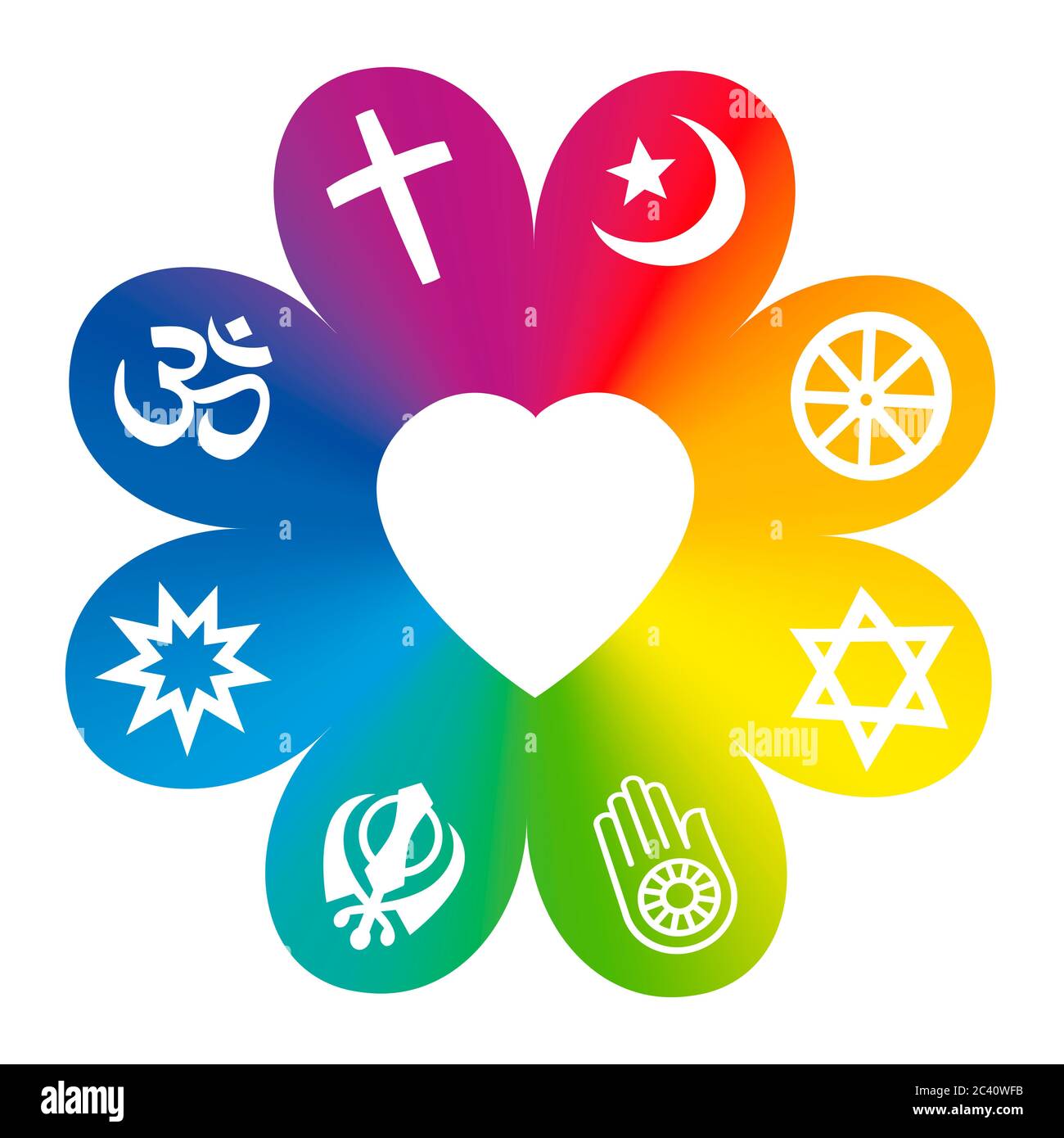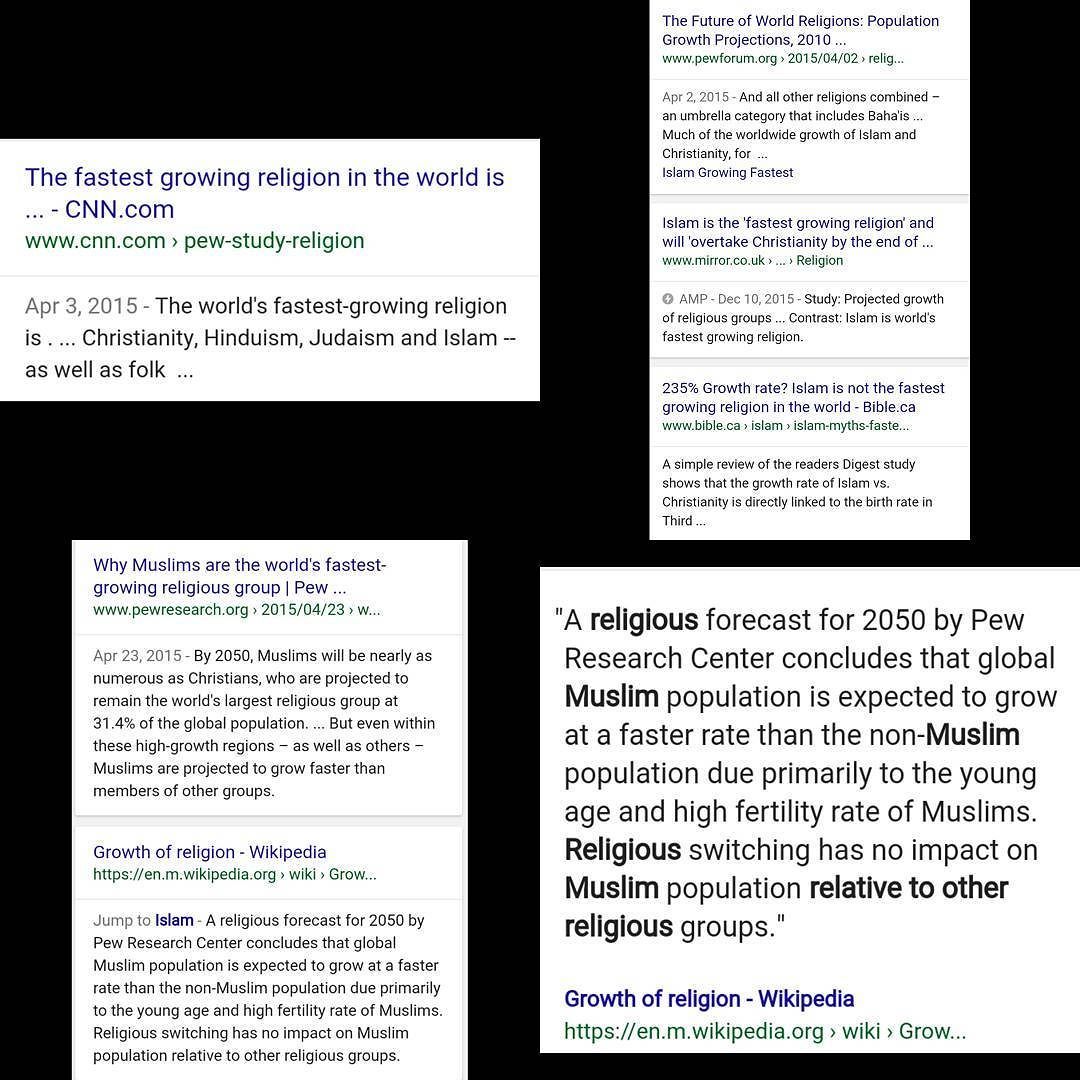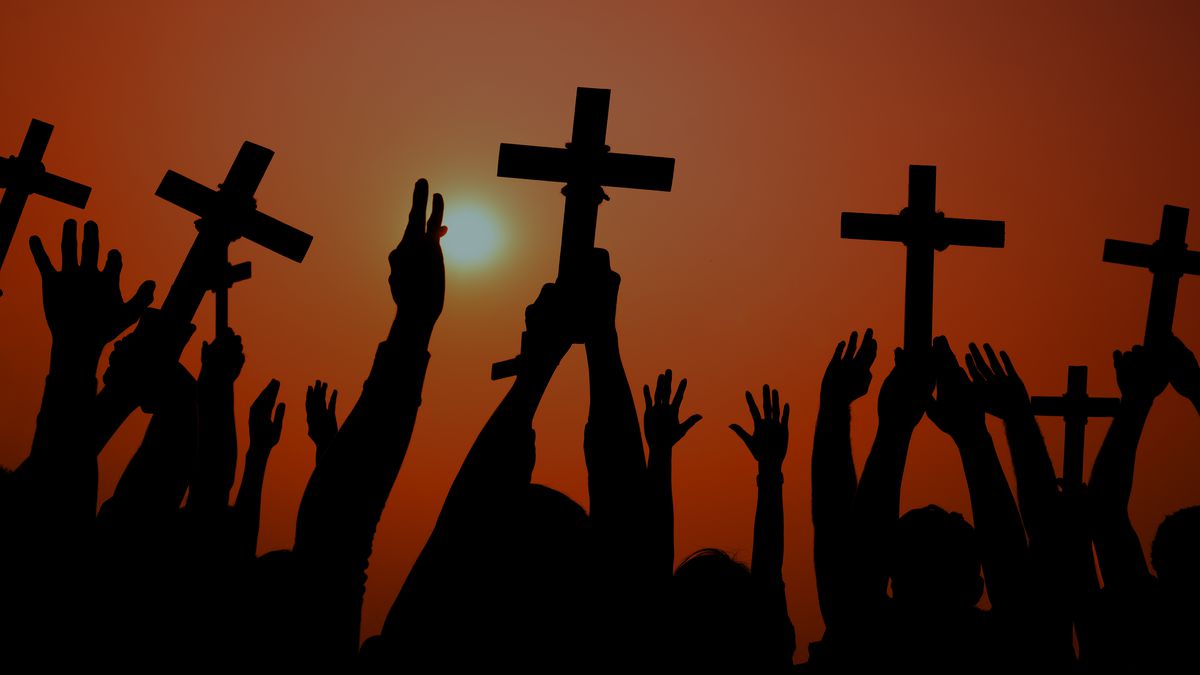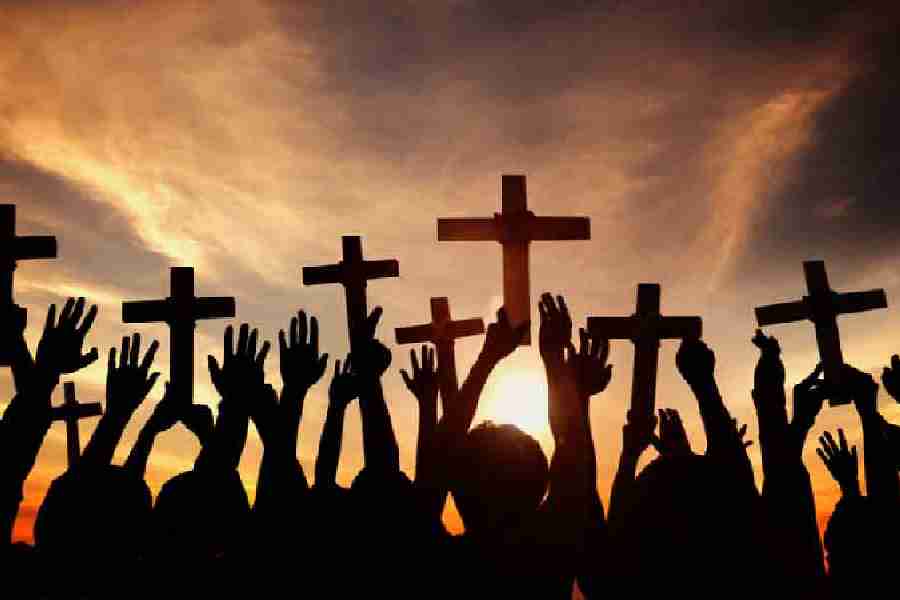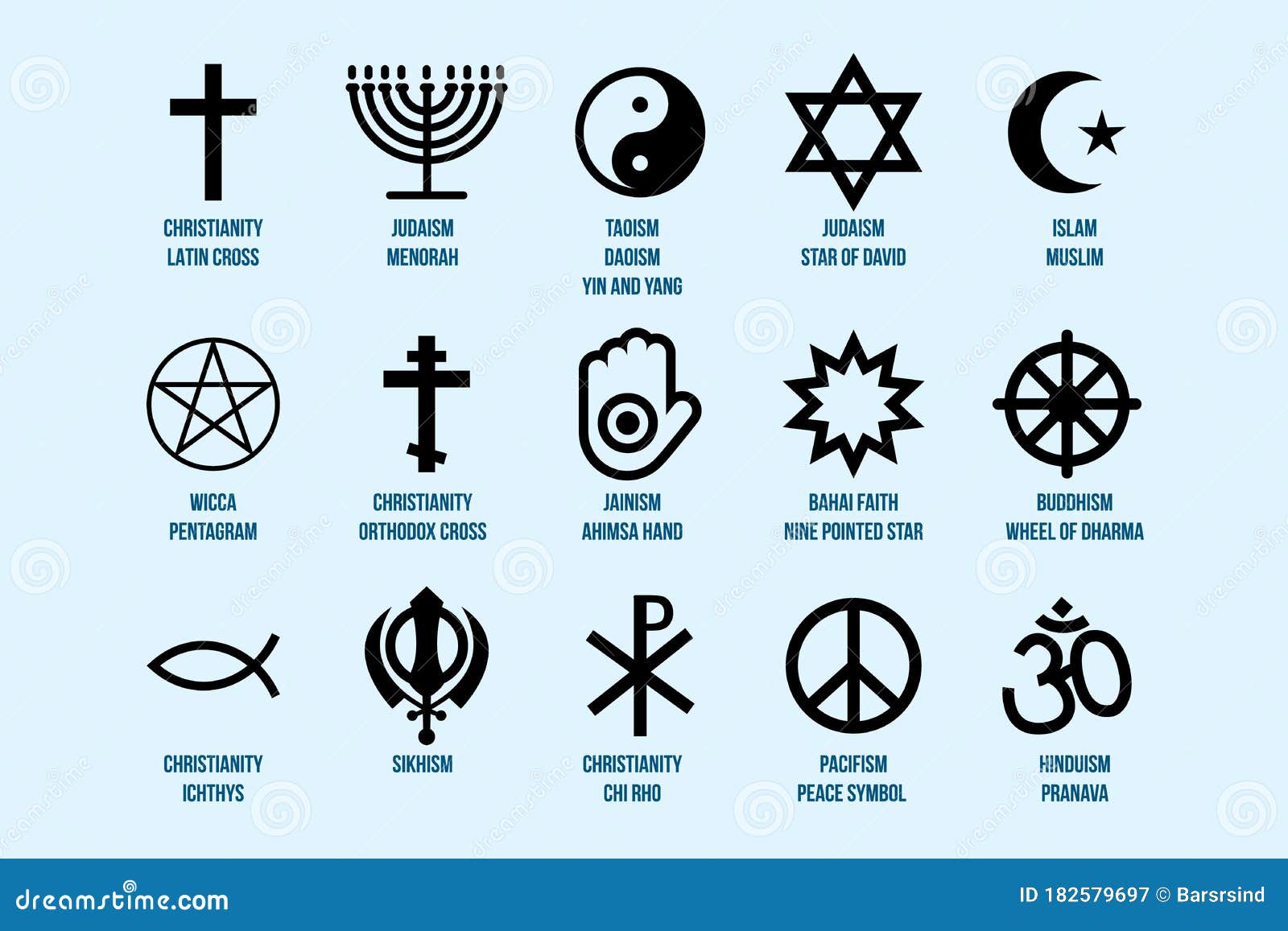Understanding MrBeast’s Religious Beliefs: From Christian Roots to Agnostic Perspectives
Introduction: The Complex Journey of Belief
Public figures often face unique scrutiny regarding their personal lives, and questions about MrBeast’s religious beliefs have become increasingly common as his influence grows. Understanding his religious background and current perspective requires a nuanced look at his upbringing, personal statements, and the broader context of faith in the digital age. This article explores MrBeast’s journey from a Christian upbringing to his current identification as agnostic, offering practical guidance for those curious about navigating their own beliefs or understanding the beliefs of public personalities.
MrBeast’s Religious Upbringing: Christian Roots
Jimmy Donaldson, known globally as MrBeast, was raised in North Carolina by a Christian mother and attended a private Christian school, Greenville Christian Academy. His early childhood was deeply influenced by evangelical Christianity, a tradition common in the Southeastern United States. Former classmates and biographers note that faith-based principles were emphasized in his education, with religious instruction being a routine part of daily life [4] . Donaldson himself has recounted that religious lessons were “beat into your head every day,” and that even school discipline could involve copying Bible verses [4] . In early interviews and social media, MrBeast’s channel sometimes even displayed Bible verses, reflecting his initial openness about his background [3] .
Evolving Beliefs: Questioning and Leaving Christianity
As he transitioned into adulthood, MrBeast began to question the teachings and exclusivity of his upbringing. He has publicly stated that he struggled with the rigidity he perceived in his faith community, particularly regarding social issues such as LGBTQ+ rights
[2]
. He has also addressed accusations of homophobia by clarifying that his distance from conservative evangelicalism is, in part, due to its stance on these matters
[4]
. In multiple interviews, including a widely-referenced
Rolling Stone
feature and podcast appearances, MrBeast has explained that he no longer identifies as Christian. When asked about his beliefs, he often expresses uncertainty, stating, “It’s kind of hard to tell what’s right or wrong, religion-wise. There are so many [religions], and I don’t know. I believe there is some kind of God, but how do you know?”
[3]
[4]
.
Current Perspective: Agnosticism and Openness
Today, MrBeast identifies as agnostic . This means he acknowledges the possibility of a higher power but does not subscribe to any specific organized religion or dogma. In his words: “I believe there is a God, but there are so many different religions and so many people who believe passionately about these things. It’s hard to know which [religion] is right” [4] . He has emphasized that his beliefs are personal and that religion, for many, is a sensitive topic. Despite his departure from Christianity, MrBeast maintains friendships with individuals of various beliefs and is respectful of different perspectives. This openness, combined with his philanthropic work, has influenced public perceptions of his character [2] .

Source: depositphotos.com
Understanding Agnosticism: Key Concepts and Practical Implications
Agnosticism is the philosophical view that the existence of God, the divine, or the supernatural is unknown or unknowable. For individuals like MrBeast, this position reflects intellectual humility and a willingness to acknowledge uncertainty. In practice, agnostics may:

Source: facts.net
- Engage in ethical reflection without reliance on specific religious doctrines.
- Maintain curiosity and openness to new ideas about spirituality and meaning.
- Respect diverse beliefs while seeking evidence or personal conviction before making definitive faith commitments.
For those exploring their own beliefs, this approach can involve reading widely, engaging in dialogue with people of different backgrounds, and considering the historical and cultural context of various faith traditions. Local libraries, university philosophy departments, and interfaith organizations can be excellent starting points for further exploration.
How to Learn More About a Public Figure’s Beliefs
If you are interested in learning about the personal beliefs of public personalities, consider the following strategies:
-
Review Verified Interviews:
Look for interviews in reputable publications or video platforms where the individual directly discusses their beliefs. For example, MrBeast’s comments about his faith journey have been reported in
Rolling Stone
and discussed in podcasts and YouTube videos [3] [4] . - Examine Public Social Media: While social media can give insights into a creator’s values, it’s important to distinguish between personal statements and curated content.
- Search Academic and News Databases: University libraries and platforms such as Google Scholar may have analyses of the cultural or social impact of influencers and their stated beliefs.
- Consider Contextual Factors: Understand that beliefs can change over time and may be influenced by personal experiences, peer groups, or public controversies.
If you want to find more information about MrBeast’s statements, you can search for “MrBeast religion interview,” “MrBeast Rolling Stone faith,” or “MrBeast podcast beliefs” in reputable news databases or video platforms.
Addressing Questions About Faith in the Digital Age
For those facing similar questions about their own beliefs, or navigating changing perspectives, consider the following steps:
- Reflect on Personal Values: Take time to consider what matters most to you, independent of external pressures.
- Seek Out Diverse Perspectives: Attend community events, read broadly, or join discussion groups to hear how others approach faith and doubt.
- Consult Reliable Resources: When searching for information on religion, use established sources such as national interfaith organizations, academic journals, or official denominational websites. Avoid relying on unverified forums or speculative content.
- Engage in Open Dialogue: Share your questions and experiences with trusted friends, mentors, or counselors who respect your autonomy and privacy.
Remember, it’s common for beliefs to evolve over time. Many people-whether public figures or not-navigate complex journeys of faith and doubt. Support networks, both online and offline, can offer guidance and community for those seeking answers.
Potential Challenges and How to Address Them
Discussing or questioning religious beliefs can be challenging, especially in communities with strong traditions or expectations. If you or someone you know is exploring new perspectives, consider these potential challenges and solutions:
- Social Pressure: It’s normal to feel pressure to conform to the beliefs of family or peers. Finding supportive groups or mentors can help maintain autonomy.
- Uncertainty and Doubt: Embracing uncertainty can be a positive step toward intellectual honesty. Many find that reading philosophy, engaging in meditation, or journaling can provide clarity.
- Respect for Others: Remember that open-mindedness is key. Respecting others’ beliefs while holding space for your own questions creates healthier dialogue.
If you are seeking professional support, many communities have interfaith counselors, university chaplains, or secular therapists experienced in helping individuals navigate spiritual transitions. You can find such professionals by searching “interfaith counseling” or “spiritual direction” along with your city or region.
Alternative Approaches to Faith Exploration
Everyone’s spiritual journey is unique. Some may find meaning in religious communities, while others find fulfillment in personal reflection, nature, art, or service. If you want to explore alternatives to traditional religion, consider the following options:
- Joining secular humanist groups, which focus on ethical living without religious doctrine.
- Exploring meditation, mindfulness, or yoga communities for spiritual but non-religious practices.
- Volunteering with organizations that align with your values, as a way to connect with others and give back.
You can search for “secular humanist organizations,” “mindfulness meditation groups,” or “community volunteer opportunities” in your area for more information.
Key Takeaways
MrBeast’s journey from a Christian upbringing to identifying as agnostic highlights the complexity and individuality of religious belief, especially in the context of modern media and public life. His openness about his faith journey can serve as a model for respectful dialogue and self-reflection. Whether you’re curious about a public figure’s beliefs or reflecting on your own, approach the subject with curiosity, empathy, and a commitment to learning from multiple perspectives.
References
MORE FROM cheerdeal.com
